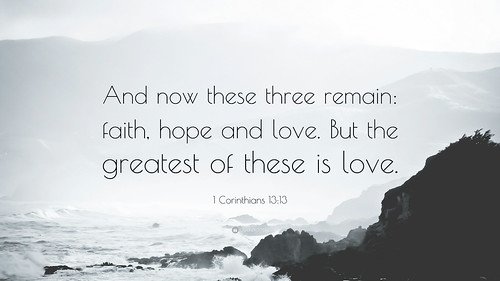Happy people are those who hunger and thirst for righteousness. They want to be right with God. They want to walk with God. They long for these things. That is where happiness will come from—not from the things of this world.
Do you starve for a holy life? Do you hunger for God's best for you? If you do, then you will take practical steps to get it."












